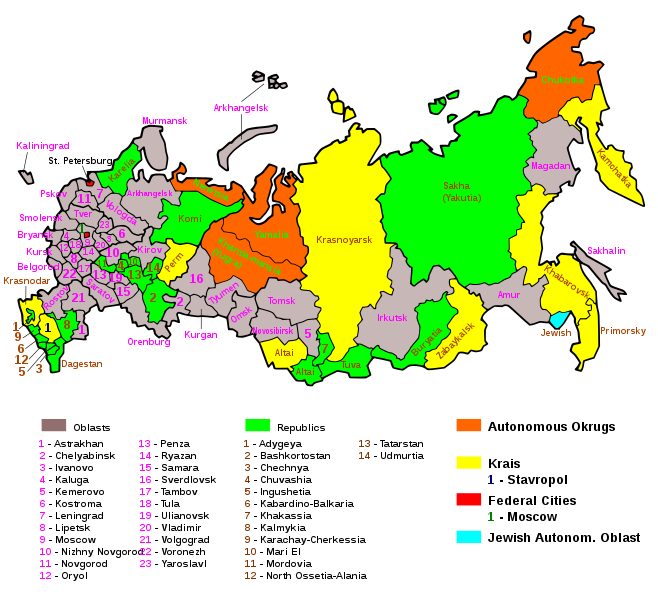Вы можете ответить в по русски, или по английски, но если вы ответить в по русски, есть случай, что я буду не понимать!
Basically, i would appreciate a thorough explanation of what putin and Medvedev's real powers, the role of the дума in government, and how "democratic" Russian politics really are.
In another note, a federation would infer that there exists a separation of powers at the federal, state and local levels, so my question here is whether that is really the case in Russia.
Thanks all.



 LinkBack URL
LinkBack URL About LinkBacks
About LinkBacks





 Reply With Quote
Reply With Quote





